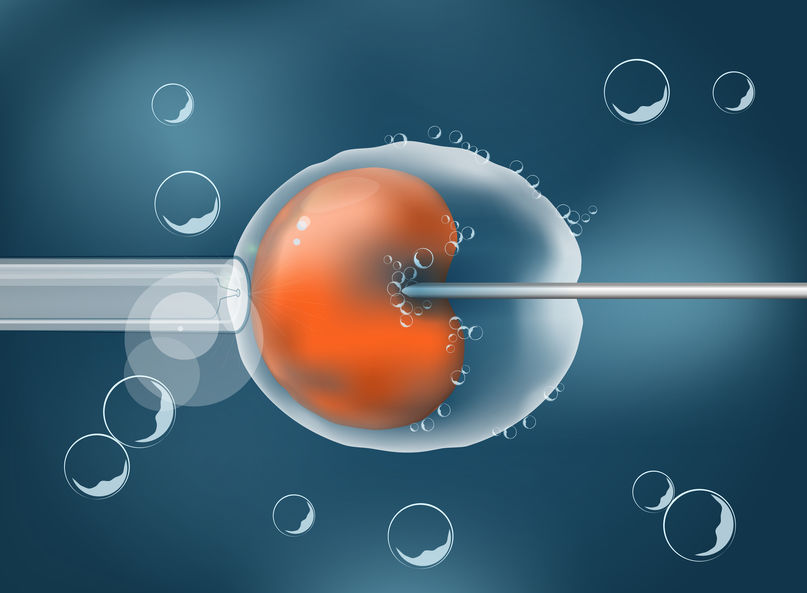Improving Embryo Transfer Odds
In vitro fertilization (IVF) is the most well-known type of fertility treatment. However, just like couples trying to conceive naturally, implantation and pregnancy are not guaranteed. To improve the chance of pregnancy, IVF patients can request genetic testing on the embryos to boost conception odds. Understanding the different genetic testing options and how the screenings can aid people in making informed decisions is important.

Genetic screening during pregnancy
The process of genetic testing isn’t exclusive to IVF. Most people are familiar with the nuchal translucency (NT) screening during a pregnant woman’s first trimester. The test screens for chromosomal abnormalities that might suggest the pregnancy isn’t viable or that the fetus has a chromosomal abnormality like Down syndrome.
Screening embryos earlier
During IVF, genetic screening can occur even earlier, before implantation occurs. Preimplantation genetic testing (PGT) takes a few cells from the embryo shortly after fertilization to look for abnormal chromosomes. Preimplantation genetic diagnosis (PGD) can test embryos for inherited genetic diagnoses, such as cystic fibrosis (CF) or sickle cell anemia. There are many reasons to opt for each test, including the 3 outlined below.
1. When known genetic disorders are present
Embryos receive genetic material from the egg and sperm. In some cases, this matter can include known inherited diseases or defects. If either partner knows before IVF that an underlying condition is present or a family history exists, opting for PGD is a good idea.
2. Previous failed pregnancy attempts
Unsuccessful past IVF cycles and a history of recurrent miscarriage can both be caused by underlying genetic problems. Individuals who have had trouble getting pregnant are often encouraged to opt for preimplantation genetic testing. The PGT test is more similar to the NT scan performed during the first trimester of pregnancy. The test looks for chromosomal abnormalities or trisomies that can result in miscarriage or developmental problems.
3. Advanced maternal age
With advancing maternal age, egg quantity and quality can drop. This means that the older a woman is, the higher the risk for chromosomal problems. For women attempting to conceive and aged 37 and older, PGT is usually recommended. Opting for PGT can ensure that only healthy embryos are transferred during IVF to improve implantation potential.
Screening for all?
Genetic testing isn’t always a standard procedure during IVF unless the process is requested or a woman or couple falls into the above risk categories. However, both tests can provide extremely helpful information for certain patients. This is especially true for couples that have experienced fertility problems previously. Interested individuals should speak with a fertility specialist to determine the best course of action.




